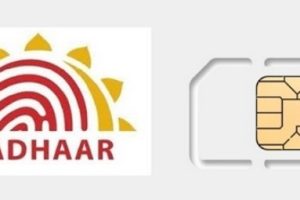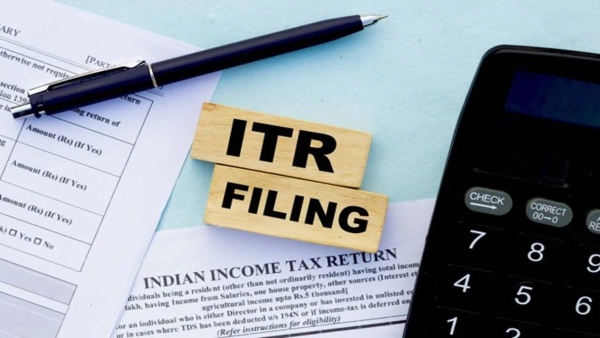July 31 was the final deadline for filing income tax returns (ITR). As of this date, over 7.28 crore income tax returns for the financial year 2023-24 were filed, marking a 7.5% increase compared to the 6.77 crore returns filed for FY 2022-23, according to a Ministry of Finance release on Friday.
Taxpayers are advised to verify unverified income tax returns (ITRs) within 30 days of filing. Those who missed the deadline for filing their ITR must complete their submissions as soon as possible.
In a conversation with Livemint, Mumbai-based tax and investment expert Balwant Jain explored various facets of income tax refunds under the Income Tax Act.
1)Who is eligible for income tax refund?
Not all taxpayers are eligible for a tax refund; only those who are entitled will receive one. It’s important to note that refund processing only begins after the taxpayer has e-verified their return. Typically, the refund takes 4 to 5 weeks to be credited to the taxpayer’s account. This processing time starts from the day the return is verified, not the July 31 deadline.
“A taxpayer is eligible for an income tax refund when the taxes paid exceed their tax liability. This includes taxes deducted at source (TDS), taxes collected at source (TCS), as well as advance tax and self-assessment tax paid by the taxpayer,” explained Balwant Jain, a tax and investment expert based in Mumbai. He further advised that since income tax refunds are directly credited to the taxpayer’s bank account, it is crucial to ensure that the bank account details are correctly validated when filing the ITR.
2) How to claim your income tax refund after missing July 31 ITR filing deadline
If you missed the July 31 deadline for filing your ITR, you can still claim your refund for up to six assessment years, according to circular no. 9/2015, provided you meet certain conditions, says Balwant Jain.
“To claim a refund under this circular, you must first apply for condonation of delay. Once approved, you can file your ITR online for the past six years, referencing the order granting the condonation,” Jain explains.
3) When your refund may be withheld and how to claim it
“The income tax laws allow the department to offset your refund against any outstanding demands from previous years. However, they must notify you before making such adjustments, which is not always followed. If your refund has been incorrectly adjusted, you can raise a grievance on the income tax website by logging into your account. While the department can adjust refunds for past demands, taxpayers cannot use refunds from previous years to cover taxes owed for subsequent years,” explained Balwant Jain.
Source by: livemint










